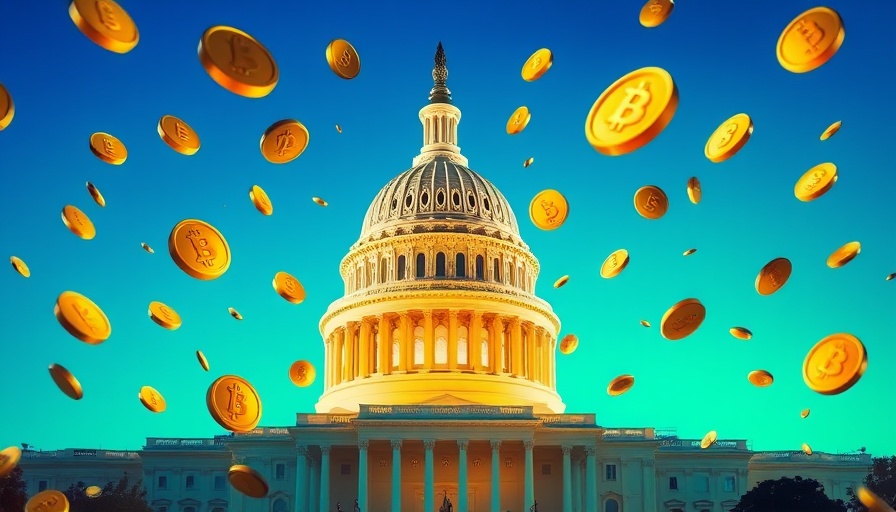
The GENIUS Act: A Pioneering Step for U.S. Cryptocurrency Regulation
This past July, a significant milestone was reached in the United States with the overwhelming passage of the Guiding and Establishing National Innovation for U.S. Stablecoins (GENIUS) Act. This legislation promises to lay down the foundational rules for stablecoin issuers, redefining the landscape for cryptocurrency in the nation. Proponents herald the act as a pivotal shift in establishing a safer environment for investors, especially given the rise of fraud in digital currencies.
What Are Stablecoins and Why Do They Matter?
Stablecoins are cryptocurrencies designed to maintain a stable value by linking them to a reserve of a fiat currency, such as the U.S. dollar. This means that every stablecoin is backed by actual assets, ensuring that they can be redeemed for their cash value at any time. The GENIUS Act mandates that issuers must collateralize their stablecoins with low-risk assets on a one-to-one basis, a significant step for consumer protection. Symbolically, the act could see the market swell from its current valuation of $195 billion to an estimated $2 trillion, spurred on by innovations and implementation of new regulations in the sector.
Industry Response: Mixed Reactions to New Regulations
The response from the crypto industry has been overwhelmingly positive. Figures like David Sacks, appointed as the White House Crypto Czar, have celebrated the bill's passage as a landmark victory for cryptocurrency advocates. Dante Disparte of Circle Internet Group expressed relief that regulations would guard against fraudulent operations, moving the industry toward greater accountability. However, critics, including Democratic Senator Richard Blumenthal, argue that the GENIUS Act is too lenient. The senator raised concerns over remaining loopholes and the potential conflicts of interest resulting from President Trump’s family ties to the crypto sector.
Political Context and Implications
The backdrop of this legislative change is colored by President Trump’s prior promises to establish the U.S. as the “crypto capital of the planet.” Following a path set during his 2024 campaign, he pushed for the bill to reach his desk without amendments. The political strategy behind such rapid action highlights the increasing influence of the crypto industry, which reportedly spent hundreds of millions to sway congressional races. This dynamic raises questions about the long-term implications for fair regulatory practices amidst lobbying efforts.
The Future of Cryptocurrency Regulation: What Comes Next?
As we look toward the future, the GENIUS Act could serve as a foundational guide for broader cryptocurrency regulations. However, the effectiveness of such legislation will depend on the enforcement mechanisms put in place. Key industry stakeholders will likely continue to call for stricter regulations to protect consumers while fostering innovation. The broader question remains: will the GENIUS Act be a catalyst for sustainable growth and enhanced safety in the cryptocurrency market, or will it limit accountability, resulting in more fraud opportunities?
Conclusion: Staying Informed About Digital Currency
The GENIUS Act places the United States at a crossroads in the cryptocurrency landscape. As the industry evolves, staying informed about regulatory frameworks is crucial for both potential investors and the general public. Whether you're a business owner, entrepreneur, or a tech enthusiast, understanding these shifts in regulation can better equip you to navigate the future of finance.
 Add Row
Add Row  Add
Add 




Write A Comment